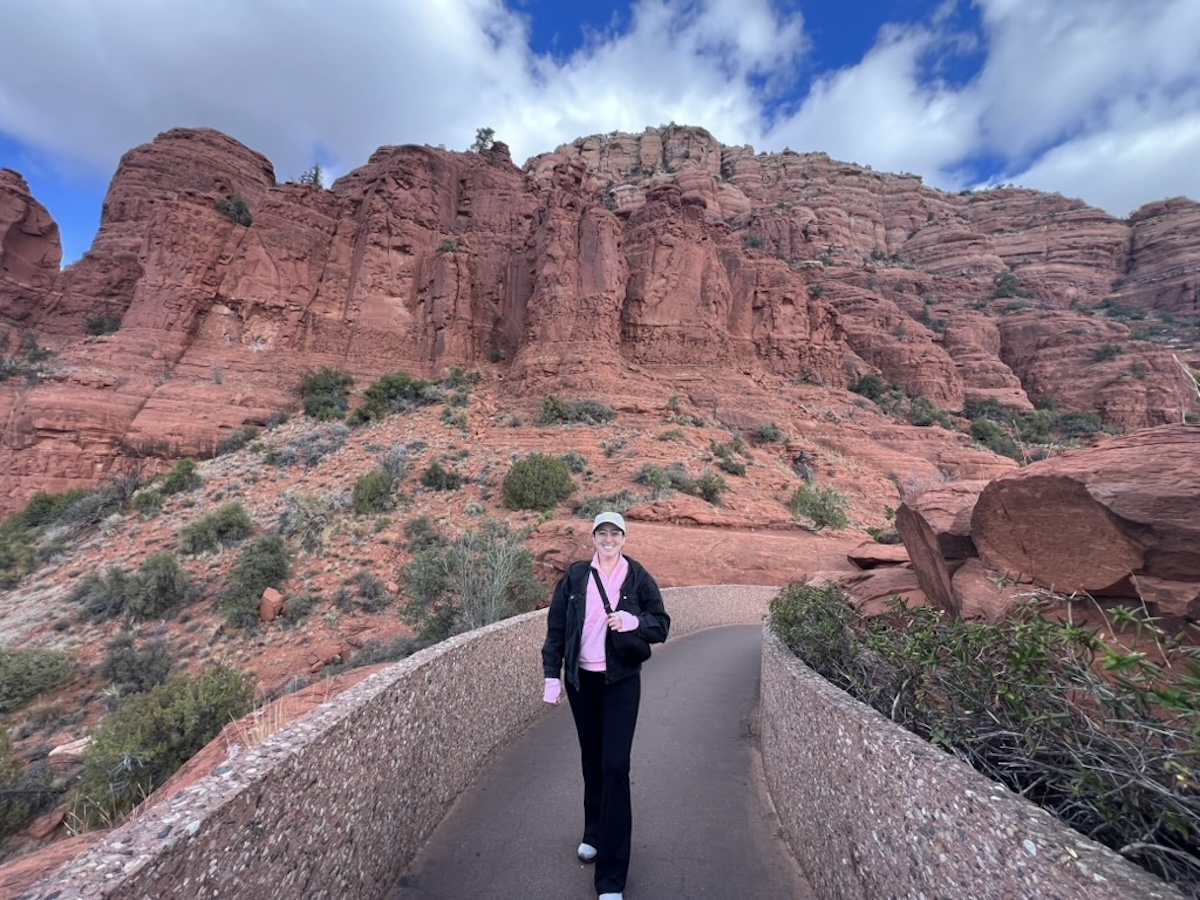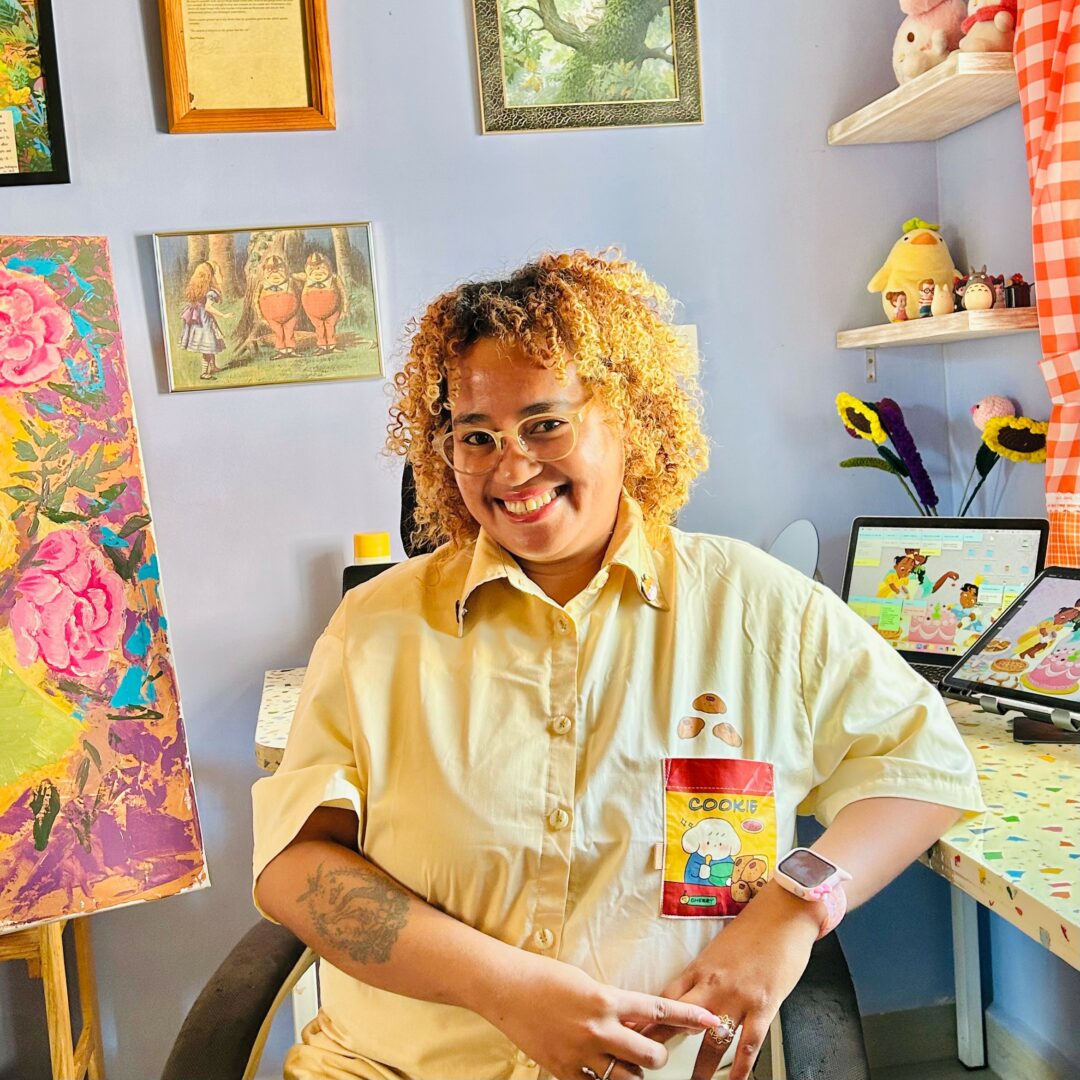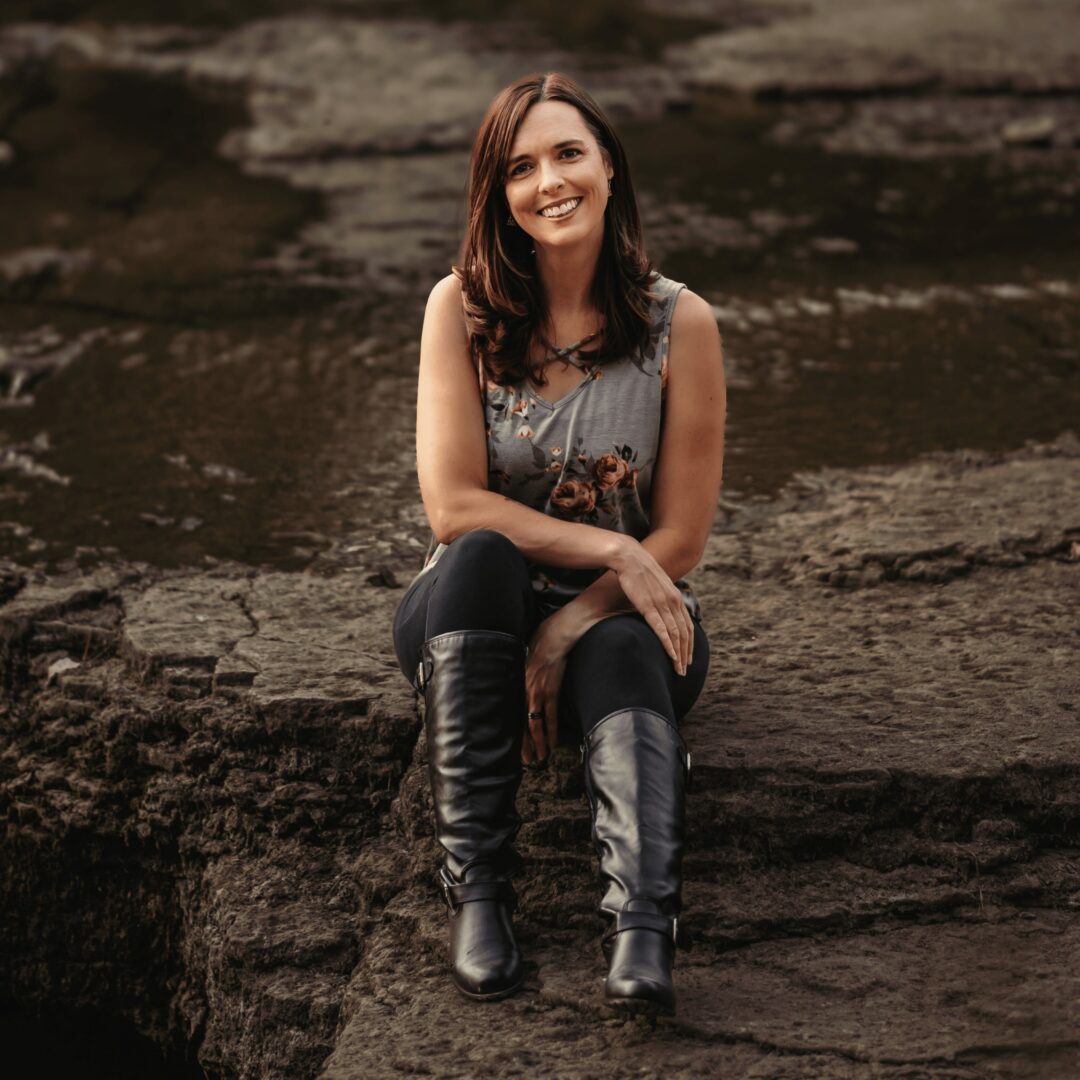We were lucky to catch up with Ed Freedman recently and have shared our conversation below.
Ed, thank you so much for joining us and offering your lessons and wisdom for our readers. One of the things we most admire about you is your generosity and so we’d love if you could talk to us about where you think your generosity comes from.
I learned it from my grandfather. He was never a rich man, but he would share everything he could with anyone who needed it. I remember he used to carry around copies of a poem by Edgar Albert Guest, “Don’t Quit,” and give them to people he saw struggling through their day.
My grandfather wanted to make a positive impact on the world, and he wanted that impact to be as great as possible. He used to tell me, “It’s not enough to do good—inspire others to do good, too.” Years later, that message was echoed by my friend Hayes Bernard, who founded the nonprofit GivePower. Hayes encouraged me to “go out and get your hands dirty helping people, then see where that takes you.” That was some of the best advice I’ve ever heard.
For me, impact is inspired by face-to-face connections. It takes more time and energy than just writing checks. But I think that makes what you give more meaningful. My grandfather said to think of what the average person would do, and then do the opposite—because the average person, by definition, doesn’t maximize their impact.
If you’re in a situation where the average person would give up, that’s a good sign you should dig in deeper. It’s common to give a little and then move on. But sometimes that’s the exact moment when you should try to give more, and that inspiration comes from having deep, personal relationships.
My grandfather spent his whole life building those kinds of relationships. At his 75th birthday party they played this video, “Your life as a mensch, Morris.” I was just a little kid and I’d never heard that word before, but someone told me it meant that he was a good man who left a positive mark on everyone he met.
I saw this for myself when my grandfather died. He was a Jewish guy, but he went to this local church on Sundays. At his funeral, the whole choir showed up at the synagogue to say goodbye. That’s the kind of impact I want to leave on the world, too.

Thanks for sharing that. So, before we get any further into our conversation, can you tell our readers a bit about yourself and what you’re working on?
So our two main focuses at Stable Road Foundation are providing children with everything they need to thrive in life, and protecting our natural environment. Over the years we’ve carried out a lot of projects: building houses and schools in areas recovering from disaster; providing communities with clean water and solar energy; cleaning beaches and preserving nature sanctuaries; and a lot more.
What makes it special for me is the ability to feel the impact of reaching out and showing up. Even small gifts can go a long way when you’re willing to roll up your sleeves and do the actual work.
Over the years, I’ve learned I can measure success more directly by the smiles on kids’ faces than the numbers on a spreadsheet. The work we do at Stable Road Foundation lets me hold my head high when I walk around the community. I want to be a good neighbor, and this is my way of giving back.
Here on Maui, people talk a lot about “being a good steward of the land.” This is a commitment I take seriously, especially since the birth of my daughter Zoe. If she can grow up in a community that supports her—in an environment that’s healthier than when I found it—I’ll feel like I did my job.

Looking back, what do you think were the three qualities, skills, or areas of knowledge that were most impactful in your journey? What advice do you have for folks who are early in their journey in terms of how they can best develop or improve on these?
In 2017, I sold the business I’d been building for my entire adult life. And that sparked a lot of soul-searching for me. What was my purpose now? What was I supposed to do with the rest of my life? Now that I had time to make decisions that weren’t just based on money, I wanted to devote myself to making an impact on the people around me.
I decided to take the skills that served me well in the business world and apply them to the nonprofit sector. I’ve always been a task-oriented person, so I thrived on setting objectives and working toward achieving them.
One thing that made me unique was my “follow through.” Once I start something, I have a relentless focus on finishing it. In my experience, there’s a big difference between someone who works at something vs. someone who completes it—so this was kind of my superpower.
Being able to take a step back and see the bigger picture has also been a great help. Because I kept setting these objectives and then achieving them… and it still left me wanting more. I had my head down, working hard to cross the goal line, and suddenly it would shift. It happened again and again until I looked up and realized I was chasing the wrong thing.
I would encourage people to understand that happiness isn’t found by crossing an imaginary goal line. It comes from following your “soul line”—committing your whole self to doing the work that matters to you, and trusting that the results will take care of themselves.

What’s been one of your main areas of growth this year?
My daughter Zoe was born earlier this year, and it completely changed my life. I was nervous about being a father—I’d always wanted to wait until I finished the entrepreneur stage of my life before starting this new phase that required a completely different skill set.
I was surprised to realize that being a father felt so natural. It just came instinctually; I didn’t need classes or books to teach me how to care for her. There was a deep-seated paternal instinct that guided me.
Fatherhood has expanded my appreciation for the world, and deepened my commitment to the work we do. Now I can see that my daughter will be the direct beneficiary of all that we do: the schools we build, the beaches we clean, the connections we create.
In Hawaiian, the word keiki is used to mean “children,” but it can also mean any young, growing living being. I’ve always aspired to be a good steward of Maui’s keiki—and now that I’m doing it for my own personal keiki as well, that commitment has gone to the next level. Being a father is like infinite inspiration for making an impact.
Contact Info:
- Website: https://www.stableroadfoundation.org
- Instagram: https://www.instagram.com/stableroadfoundation?igsh=MWI5ZnBqNDd1MTBkNw==
- Youtube: https://www.youtube.com/@StableRoadFoundation?app=desktop

so if you or someone you know deserves recognition please let us know here.




